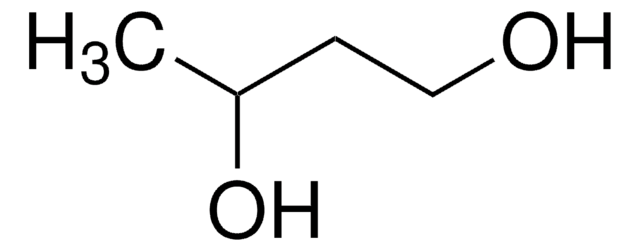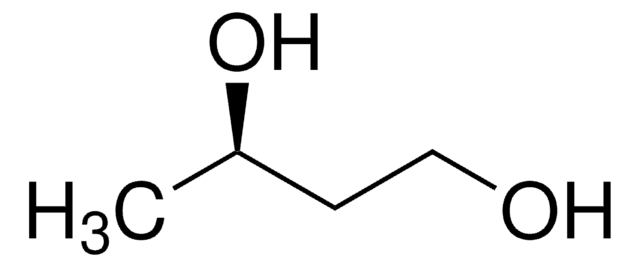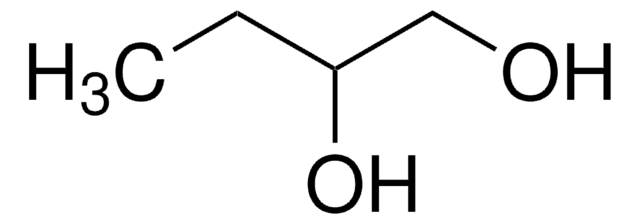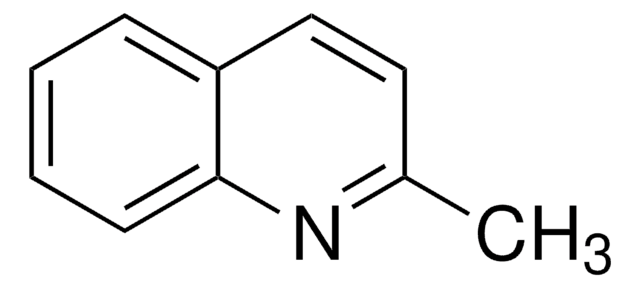09068
(±)-1,3-Butanediol
analytical standard
Synonym(s):
1,3-Butylene glycol
About This Item
Recommended Products
grade
analytical standard
Quality Level
vapor density
3.1 (20 °C, vs air)
vapor pressure
0.06 mmHg ( 20 °C)
assay
≥99.0% (GC)
autoignition temp.
741 °F
shelf life
limited shelf life, expiry date on the label
impurities
≤0.2% water
refractive index
n20/D 1.439-1.441
n20/D 1.44 (lit.)
bp
203-204 °C (lit.)
density
1.005 g/mL at 25 °C (lit.)
application(s)
cleaning products
cosmetics
flavors and fragrances
food and beverages
personal care
format
neat
SMILES string
CC(O)CCO
InChI
1S/C4H10O2/c1-4(6)2-3-5/h4-6H,2-3H2,1H3
Inchi Key
PUPZLCDOIYMWBV-UHFFFAOYSA-N
Looking for similar products? Visit Product Comparison Guide
General description
Find all available reference materials for compounds listed in 10/2011 here
Application
Storage Class
10 - Combustible liquids
wgk_germany
WGK 1
flash_point_f
226.4 °F - closed cup
flash_point_c
108 °C - closed cup
Choose from one of the most recent versions:
Already Own This Product?
Find documentation for the products that you have recently purchased in the Document Library.
Customers Also Viewed
Our team of scientists has experience in all areas of research including Life Science, Material Science, Chemical Synthesis, Chromatography, Analytical and many others.
Contact Technical Service









